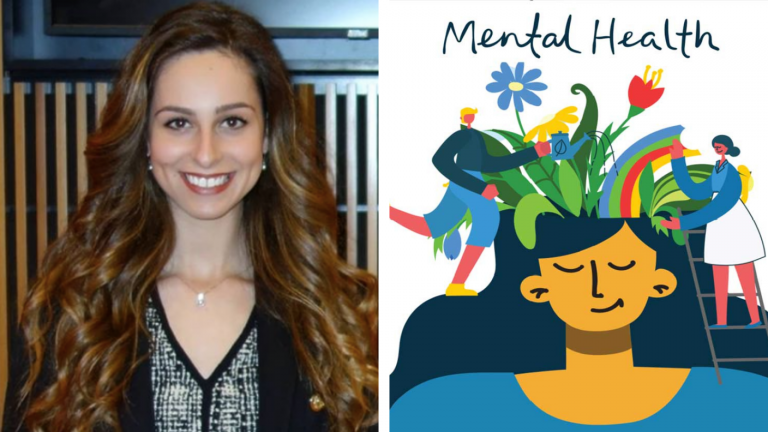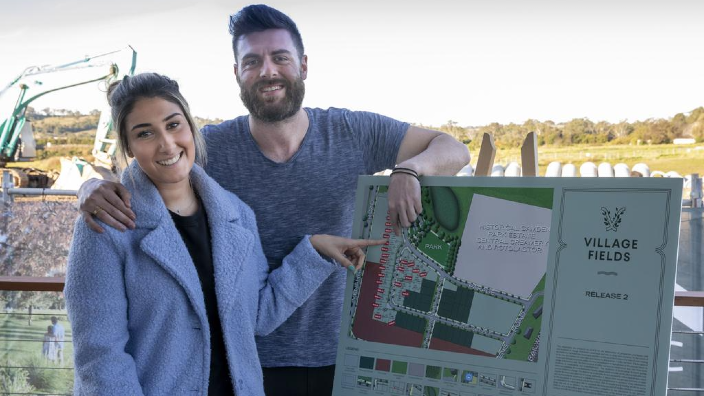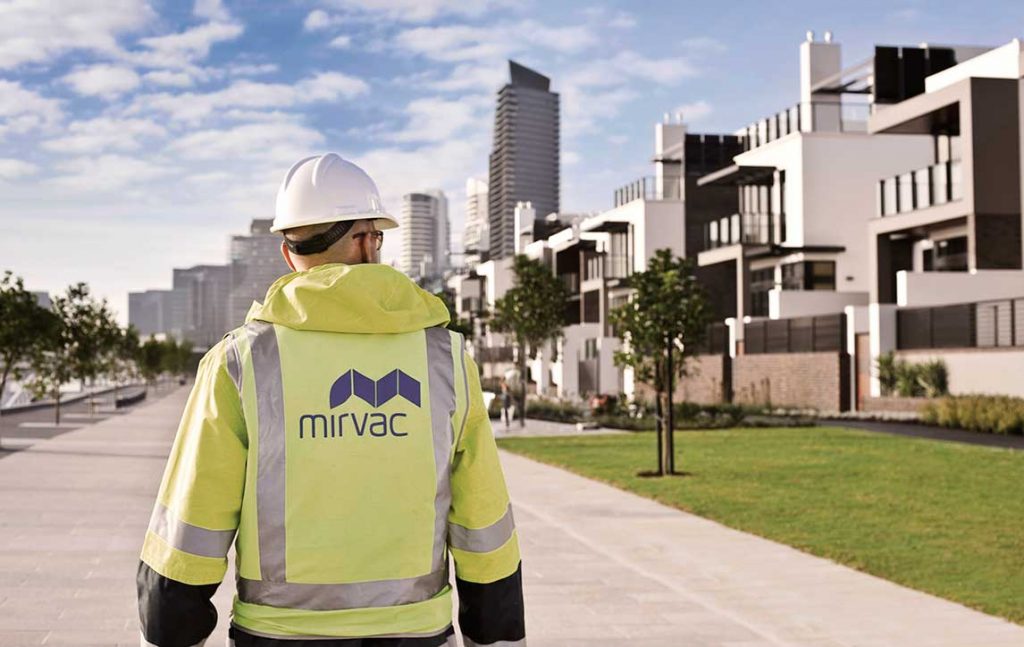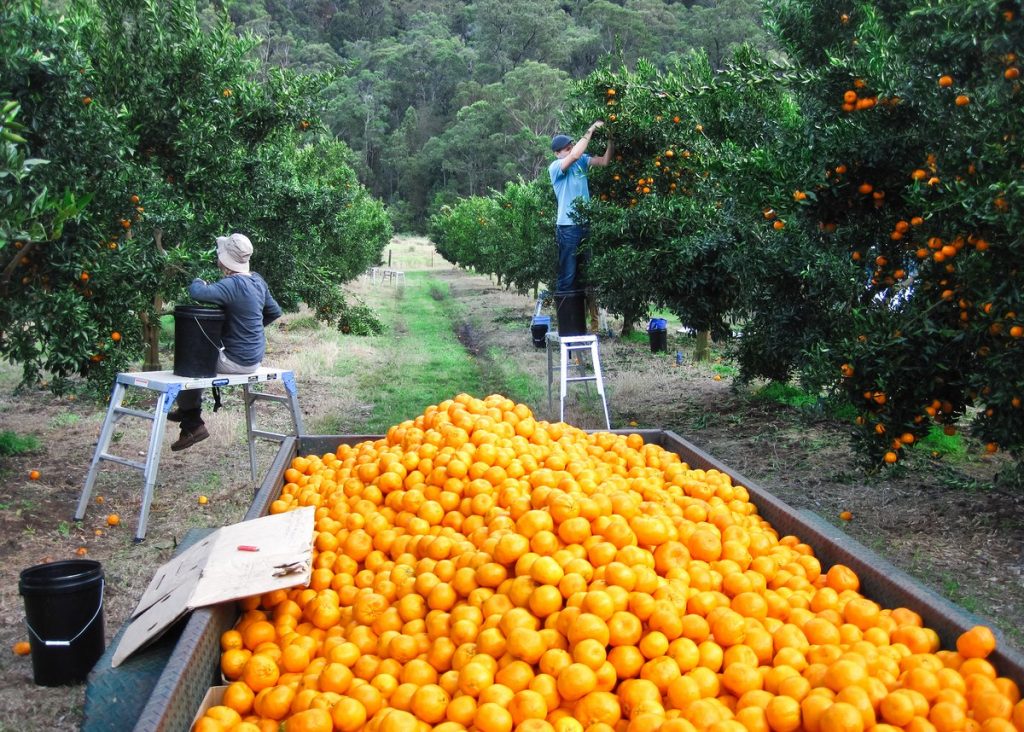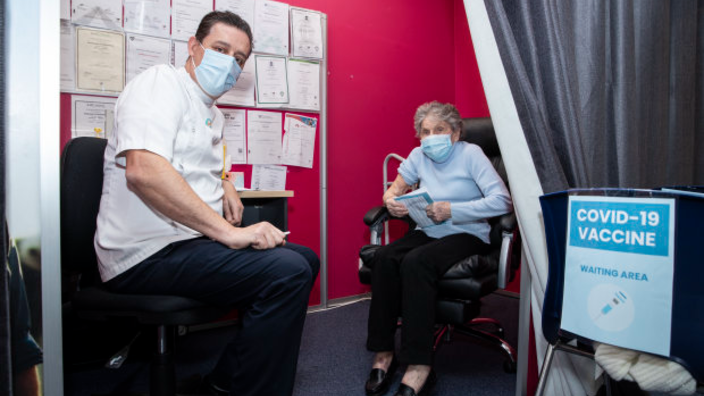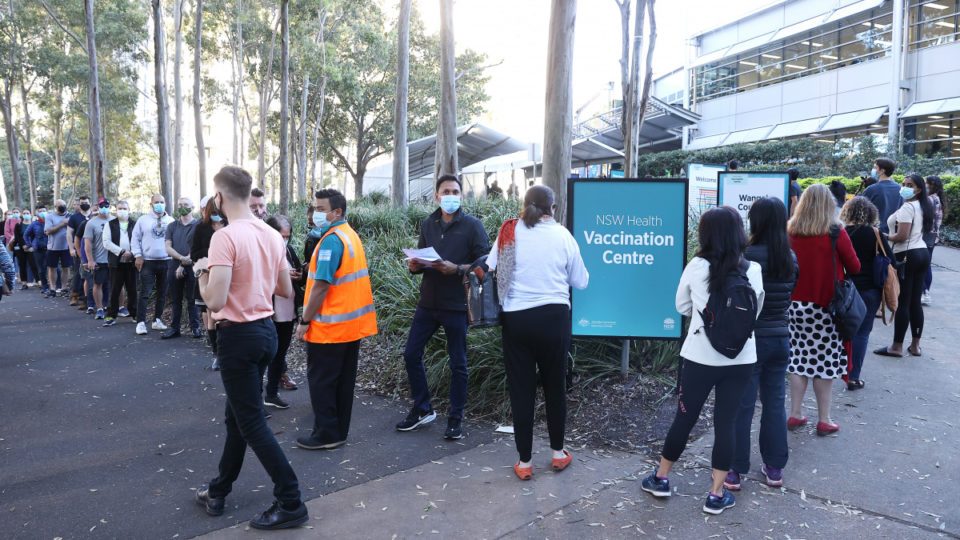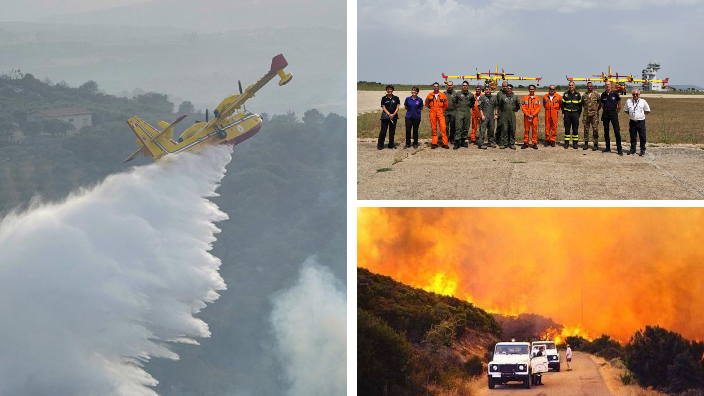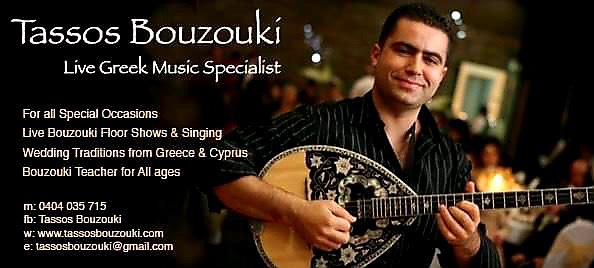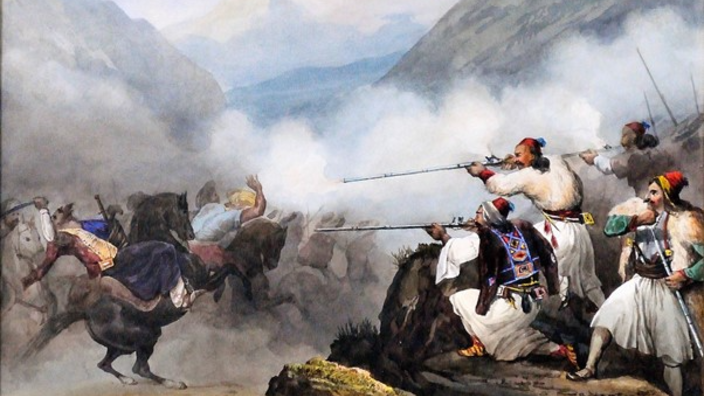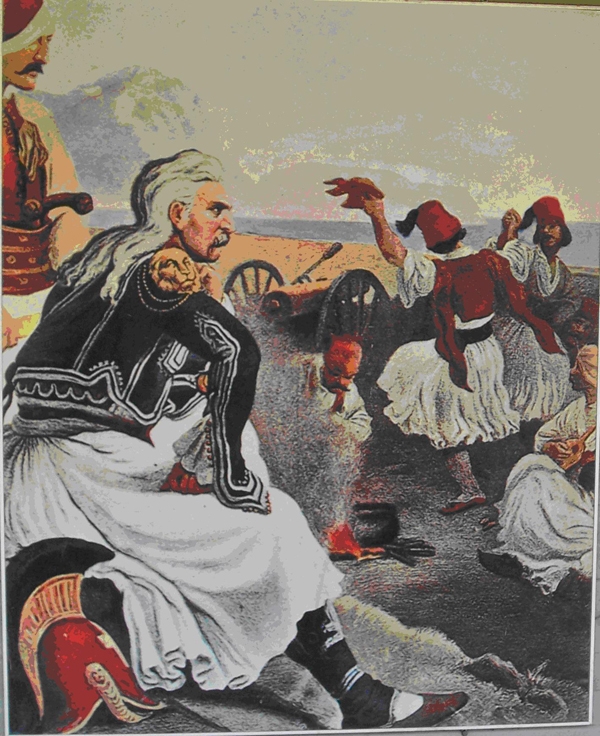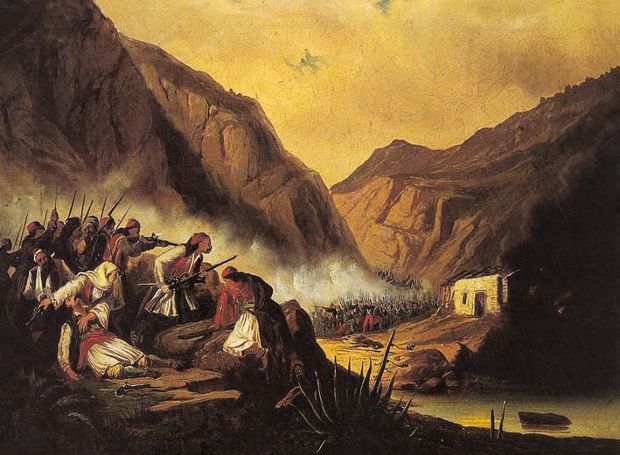As we find ourselves in yet another lockdown, working from home, physically isolated from our loved ones, home-schooling children and missing many of the pleasures in life, mental health and wellbeing is quickly becoming a major concern for many Australians.
Add into that the questions of when lockdowns will be lifted, which vaccine to get, how long it might take to get the jab, and how many days to get a COVID test result, and we find ourselves with extensive amounts of uncertainty in our lives.
So much about COVID-19 is out of our control, and all of the uncertainty can lead to feelings of stress, anxiety, fear, sadness, hopelessness and helplessness. Here are some recommendations for maintaining good mental health and wellbeing throughout the lockdown.
- Recognise and acknowledge that your feelings are valid.
We are sometimes sold the story that uncomfortable feelings are “bad” or “negative”, and that we should do what we can to change those. If you’re anxious, we are told to find a way to relax. Feeling sad? Watch some funny videos on Youtube. This can be helpful, however it misses a really crucial part of regulating our emotions, and that is, that emotions, even the uncomfortable ones, are often valid, normal and natural responses to difficult situations. Pushing these feelings away can be a temporary solution.
As psychologists, we encourage people to try to be accepting of these emotions, acknowledge the validity of them, and even if for a moment, sit with the emotions before deciding to try to shift the emotional state. It is completely normal, understandable and valid to be feeling a whole range of uncomfortable feelings at the moment. Give yourself time and opportunity to process uncomfortable emotions before trying to change how you feel, as acknowledging your emotions can in itself help take some of the power and intensity out of them.

2. When we are faced with so much that is out of our control, look at what you can change that is within your control.
During these times of lockdown, it is important for us to try to accept the things we cannot change, but also to change the things we can, that are in our control. Find ways to retain a sense of autonomy over the areas of your life you can, despite the lockdowns. Routine, consistency and structure is something we can have control over in our lives. Design a schedule for yourself to give the day some structure, such as waking up at a similar time, or having a morning and evening routine you stick to.
3. Stay true to your values
Research has shown that when we live life in a way that is consistent with our values, we have greater overall life satisfaction and quality of life. If you are unsure what our values are, take some time to sit down and make a list. Values are not goals, rather, values serve as a sort of compass as they guide us in a particular direction in life.
We can have values of family, health, creativity, honesty, autonomy, peace, and the list goes on. Once we identify our values, we have then start to do deliberate actions and set goals that are congruent with these values. The overall effect is greater satisfaction with our life.
*Dr Anastasia Hronis is a Clinical Psychologist and Founder of the Australian Institute for Human Wellness
For anyone who may be requiring extra mental health support at this time, Dr Anastasia Hronis and the Australian Institute for Human Wellness are able to provide telehealth consultations to people around Australia. Medicare rebates are available with a referral from a GP. Get in touch to enquire: www.ausihw.com.au

